From a winter of discontent to a spring of hope
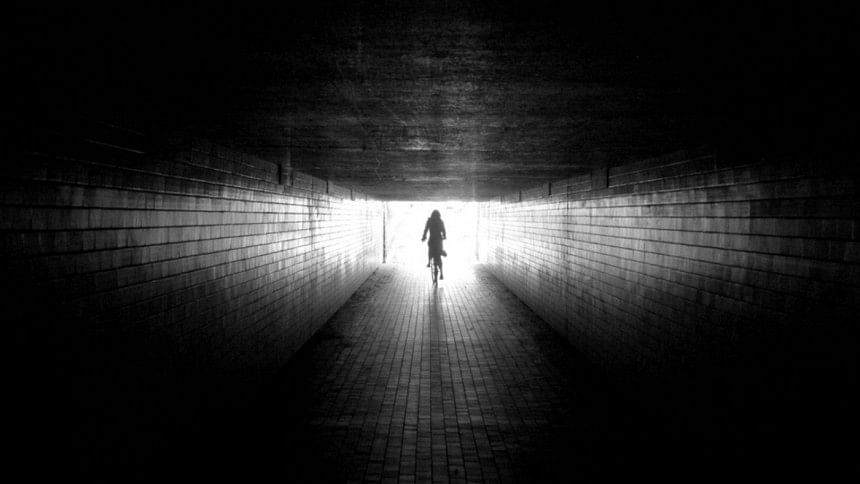
A year ago from today not even a savvy soothsayer would have dared to predict the change in our political climate that we are witnessing now. A year ago the streets of Dhaka and elsewhere had turned into battle grounds with marauding gangs throwing petrol bombs at random, police charging rioting youths while buses and trucks were set ablaze. The main opposition party and its strident leader had gone on a war path to bring down the government taking the whole future of politics in the country into a downward spiral where an abyss appeared to be the only destination. There was no telling if the chaos and anarchy that ruled that time would end anytime soon. Therefore, what we are witnessing now a year later is nothing short of a miracle.
I do not know where or to whom the accolades are truly due. Some might attribute the change to rethinking in the leadership of two parties; some might attribute it to internal pressures within the parties. But an impartial analysis of the events of the last two years points at only one contributor of this change; it is passive resistance of violence by our people. The endless hartals and oborodhs in the last two years brought work life and day to day business of common people to a standstill for days together. The fights between so called workers of two parties wrought enormous damages to life and property of ordinary people. Schools remained closed, exams were scrapped, travels between cities became nightmares, and yet the main opposition struck to its agenda of violent opposition relentlessly duping themselves with illusions of people support. On the other hand the government interpreted passivity of people as indirect support to its strong arm tactics. Both were wrong. People neither applauded the opposition's recourse to violence to press their demands nor cheered the government's response. It was a stalemate, but eventually the wordless dislike of political violence of the silent majority seems to have won.
The change in the political weather came in slow doses. First, the opposition's participation in the municipal elections, and a relatively peaceful completion of the elections. Second, was absence of political violence associated with past elections either during or after the elections. Both of these were way out of the ordinary considering the confrontational politics of the country of last decade. Both government and the main opposition had shown great intransigence in accepting the democratic way of resolving problems beginning with elections of 2008. BNP participation in municipal elections was, therefore, a big but pleasant surprise. However, the party's acceptance of the election results that overwhelmingly went in favour of government party nominees without resort to massive protests was even a greater surprise. It had walked away from the Upazilla elections of 2014 complaining of vote rigging and ballot box stuffing. Curiously BNP stayed the course despite complaints of similar nature in the municipal elections.
Call this political maturity or a strategy to shape the party's image in the public eye, the municipal elections seemed to cast the political climate in the country in a fresh mold that came to light in the most recent rally of BNP and address of its chairperson. Both the rally and the address spoke of a party agenda more focused on a democratic process to change in government than on violent opposition bent on a do or die battle. The mood of the participants in the rally which was huge by any standard was a far cry from the acts of arson and anarchy shown by the perpetrators of street battle a year ago. The utterances of both the leaders and workers of the party (that were revealed through the media) were to a point of incredibility since these were so different from the acts of only a year before. They spoke of responsibility, national unity, and faith in the democratic process of elections. The silent majority that had only seen inter-party wars and internecine political battles could not be more pleased by this emerging phenomenon.
The million dollar question is whether this new climate can be sustained. The credits for allowing holding of a peaceful election and upholding the results (despite flaws) are as much due to the two major parties, as to the public in general. But the municipal elections are in the past now. There are more roads to cross in a country's future than holding local body elections. Soon there will be demands for new general elections. It is not important to know if these will be held in two years or three years. What is important to know if there will be consensus among the contestants on a process and institution to hold these elections. The past elections were held in a cloud of misgivings, mistrust, and with utter lack of participation. The silent majority may not have supported violence in changing government, but they also do not want repeat of a non-participatory process in changing government. They would like to endorse a process that gives them voice.
The wind of change that we detect now in our political climate cannot be sustained by efforts from one end only. This has to be matched by responses from government and government party that promote accommodation, mutual respect, and understanding. Rhetoric can be answered with rhetoric, a vitriolic speech by another. But these are not ways to seek a common ground among parties to lead the country to a democratic future. We may be glad that a reprise of the past winter of discontent between the two major parties did not happen, but it will not morph into a spring of hope until the two parties reach a common ground of understanding.
The writer is a political commentator and analyst.

 For all latest news, follow The Daily Star's Google News channel.
For all latest news, follow The Daily Star's Google News channel. 

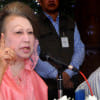
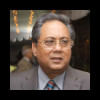
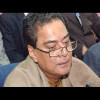
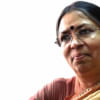
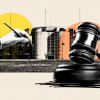

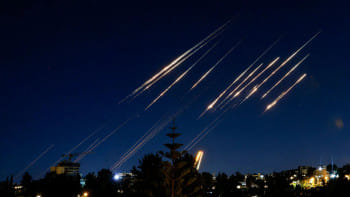
Comments